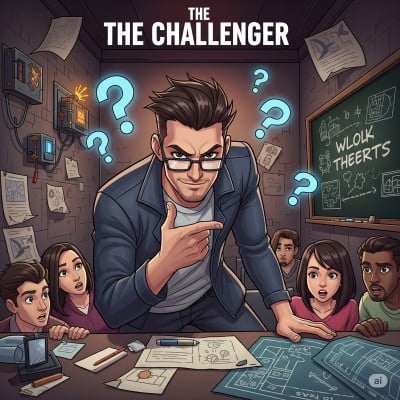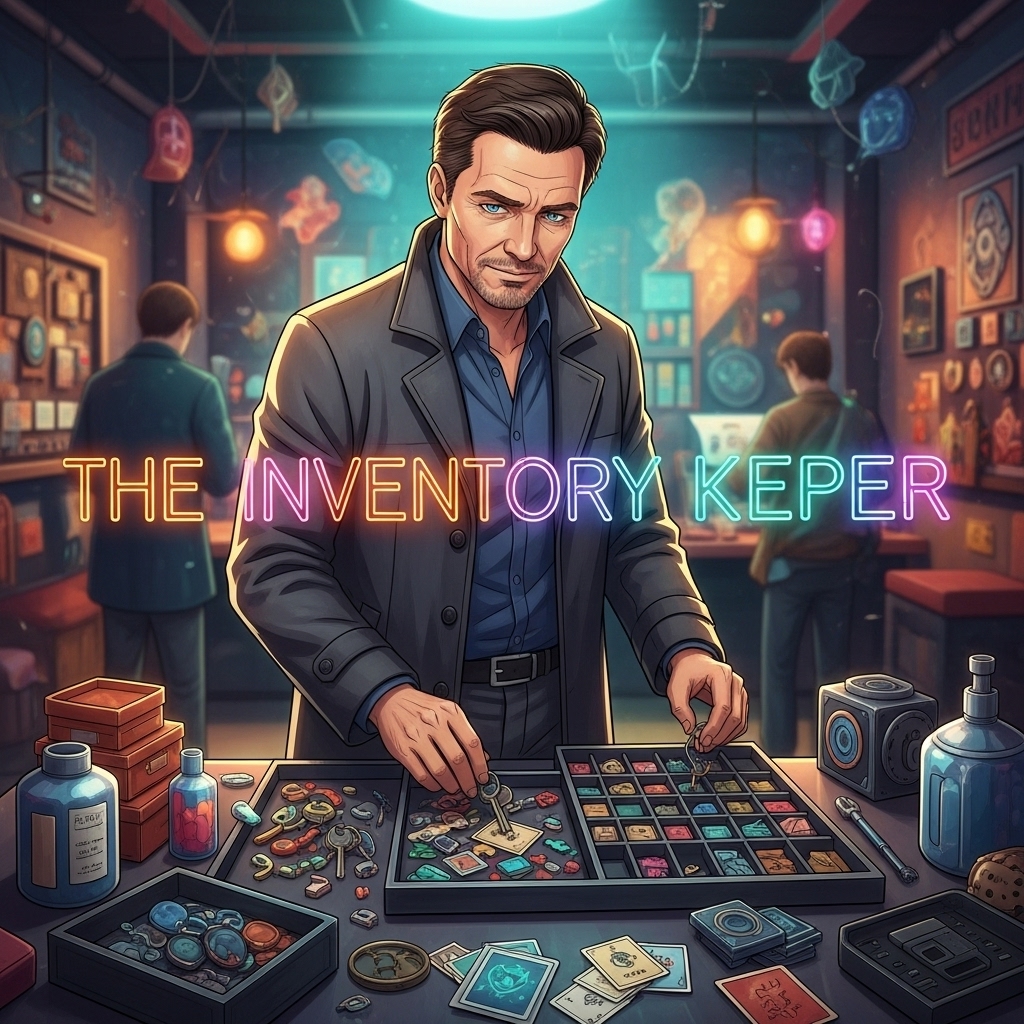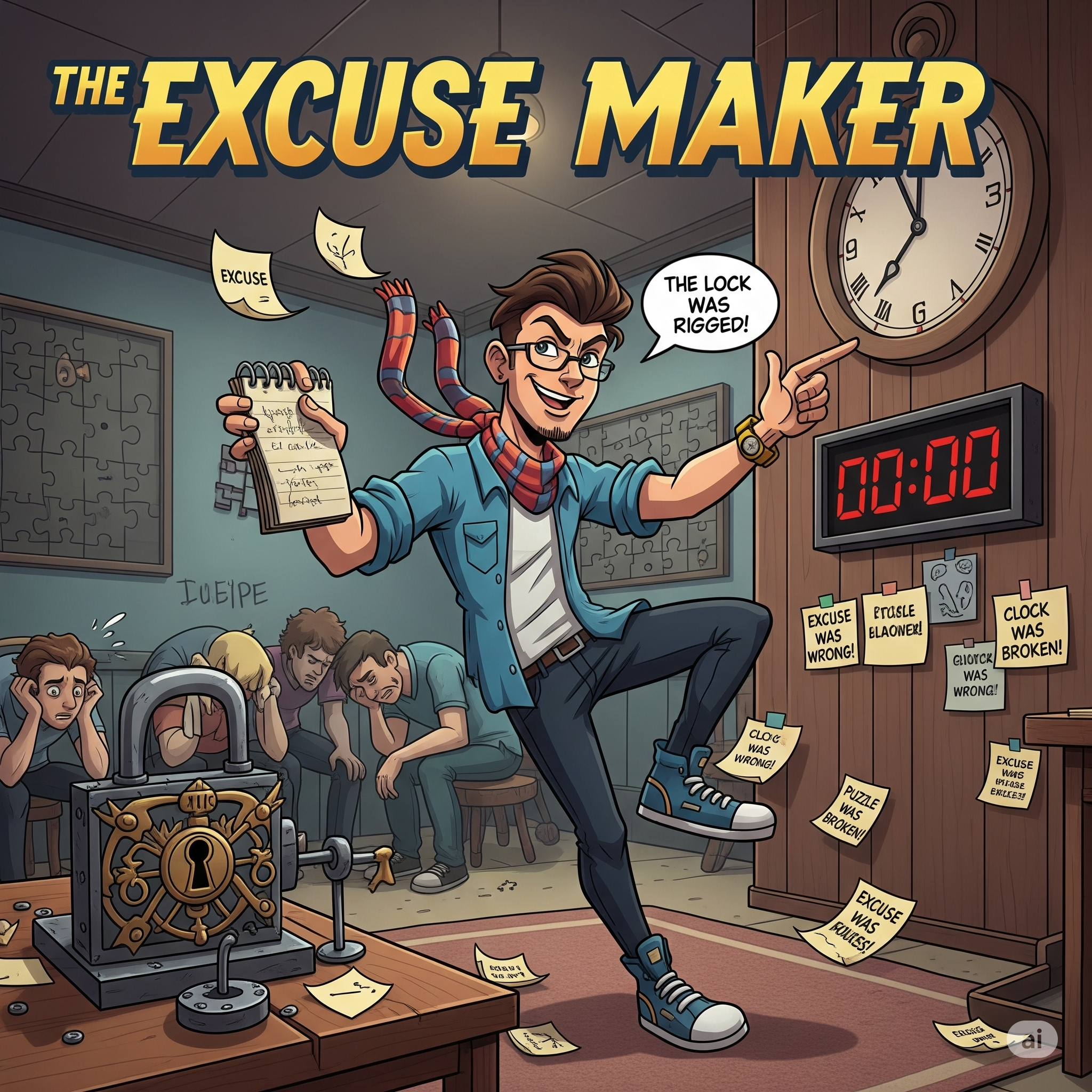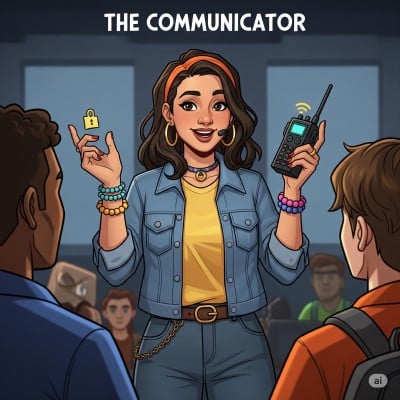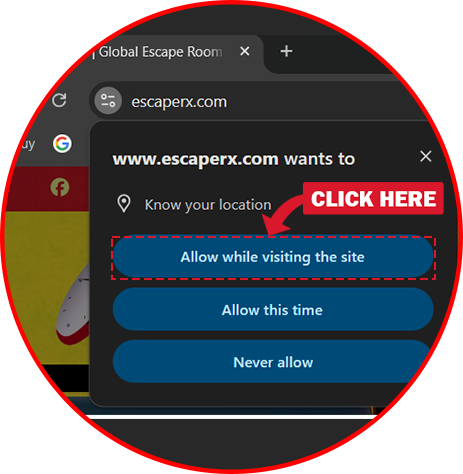Every team that enters an escape room brings with it a unique blend of personalities, each offering something different to the group’s overall success. Among these 🎭 🤝, the Challenger the Provocative Questioner stands out as a vital force. Their curiosity, skepticism, and refusal to accept assumptions at face value make them an essential part of the escape room dynamic. Where others may rush ahead, content with surface-level solutions, the Challenger digs deeper, ensuring that no possibility is overlooked and no idea goes untested ❓ 🧠.
At their core, Challengers are defined by their relentless questioning. They are the ones who ask, “What if we’re missing something?” or “Are we sure this clue really connects that way?” While such questions might sometimes frustrate more impatient teammates, they often prove to be the catalyst for breakthroughs 🧠. Escape rooms are designed to mislead as much as they are to guide false leads, red herrings, and subtle tricks are part of the experience. Without a Challenger, teams risk falling into these traps unquestioningly. With a Challenger present, however, the group is far more likely to pause, reconsider, and uncover the deeper truths hidden within the room ❓ 🔄.
The Challenger’s skepticism is not about negativity or doubt for its own sake. Rather ✨ 🔓, it is about sharpening the team’s focus and thinking more critically. This process not only improves the quality of decisions but also fosters a culture of intellectual rigor. When teammates know their ideas will be questioned, they become more thoughtful, careful, and deliberate. In this way, the Challenger elevates the entire team, pushing everyone to engage more deeply with the puzzles and with one another 🧠 💡.
One of the most powerful contributions of the Challenger is their ability to spark discussion and encourage exploration ⚖ ️. Escape rooms are not won by individuals acting in isolation; they are won by groups that collaborate effectively, combining diverse perspectives into cohesive strategies. The Challenger ensures that no voice is silenced and no possibility dismissed too quickly. By daring to say 🧠 🎯, “Let’s look at this differently,” or “What if we’re wrong?” they open doors to alternative approaches that might otherwise go unexplored. This insistence on exploration often leads to creative insights and fresh perspectives that can break a team free from mental dead ends 🤝 🔍.
The Challenger also plays a critical role in balancing the influence of other personas. The Competitive persona may drive the team toward speed, eager to solve puzzles quickly and claim victory 💬. The Workhorse may push for persistence, encouraging steady progress without pause. The Thinker may anchor the group in careful logic, while the Creative may generate bold and imaginative ideas. Each of these personas is valuable, but without the Challenger, their contributions can become unbalanced 💡 🎨. The Competitive might overlook subtle details, the Workhorse might persist in the wrong direction, the Thinker might overanalyze without acting, and the Creative might pursue impractical ideas. The Challenger, by questioning assumptions, ensures that each of these strengths is tested, validated, and channeled productively 🔓.
The Challenger also enriches the escape room experience on a deeper level. Beyond increasing the likelihood of success, they make the process itself more intellectually engaging and rewarding 💪. Their constant questions turn the game into a dialogue, transforming puzzles into conversations rather than tasks to be checked off. This dynamic creates a richer, more stimulating environment where everyone feels challenged to think critically and 🧩 🧠 creatively. The escape room becomes more than a race against the clock it becomes a collective exploration of possibilities, shaped by curiosity and discovery ⚖ ️.

